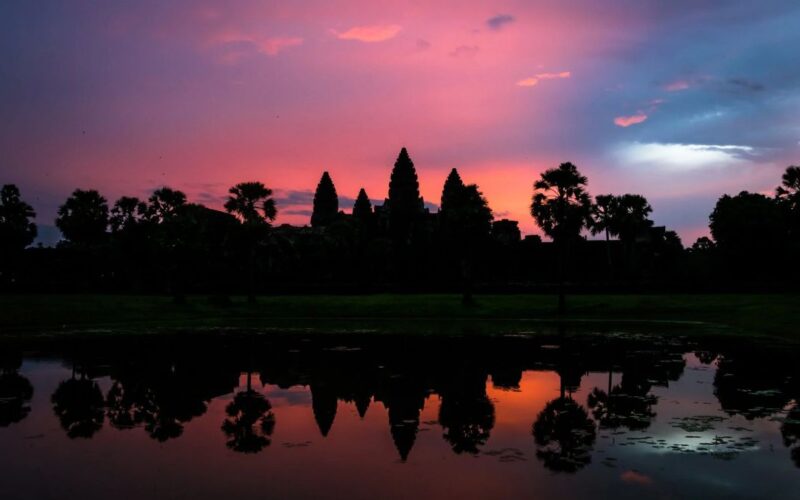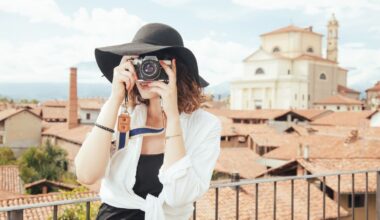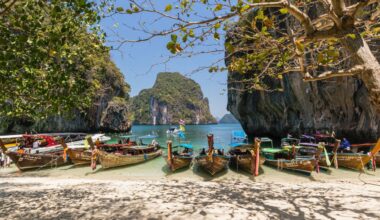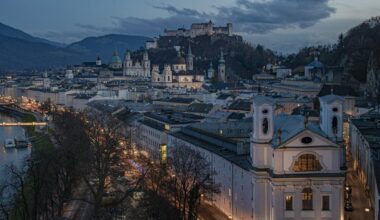Cambodia, a land steeped in ancient history, captivating temples, and vibrant culture, beckons travelers seeking an unforgettable Southeast Asian adventure. From the awe-inspiring grandeur of Angkor Wat to the bustling streets of Phnom Penh, Cambodia offers a unique blend of breathtaking sights, rich traditions, and diverse landscapes. Dive into this guide to explore must-visit destinations, fascinating cultural aspects, practical information, and valuable tips to navigate your Cambodian adventure responsibly and respectfully.
Must-Visit Destinations & Activities
- Angkor Wat (Siem Reap): Witness the crown jewel of Khmer architecture, explore the sprawling temple complex, marvel at the intricate bas-reliefs depicting ancient stories, and witness the breathtaking sunrise over Angkor Wat.
- Siem Reap: Explore the vibrant town of Siem Reap, the gateway to Angkor Wat. Visit the Angkor National Museum to delve deeper into Khmer history, indulge in delicious Cambodian cuisine, and explore the lively night markets.
- Phnom Penh: Immerse yourself in the capital city’s rich history and culture. Visit the Royal Palace, explore the Silver Pagoda, and learn about the country’s past at the Tuol Sleng Genocide Museum and the Killing Fields.
- Beaches: Relax on Cambodia’s pristine coastline. Popular beach destinations include Sihanoukville, known for its laid-back atmosphere, and Kep, offering a tranquil escape with charming colonial architecture.
- Kratie: Take a boat trip on the Mekong River to spot endangered Irrawaddy dolphins, a unique experience in Southeast Asia.
- Tonle Sap: Explore the largest freshwater lake in Southeast Asia, visit floating villages, and witness the dynamic ecosystem that sustains local livelihoods.
- Battambang: Discover Cambodia’s second-largest city, known for its colonial architecture, vibrant circus performances, and surrounding rural countryside.
- Bokor National Park: Hike or bike through the lush landscapes of Bokor National Park, explore the abandoned French hill station, and enjoy panoramic views from the top.
- Silk Weaving Villages: Witness the traditional art of Cambodian silk weaving in villages like Phnom Penh’s Silk Island or Kampot, and learn about the intricate process from raising silkworms to creating beautiful silk textiles.
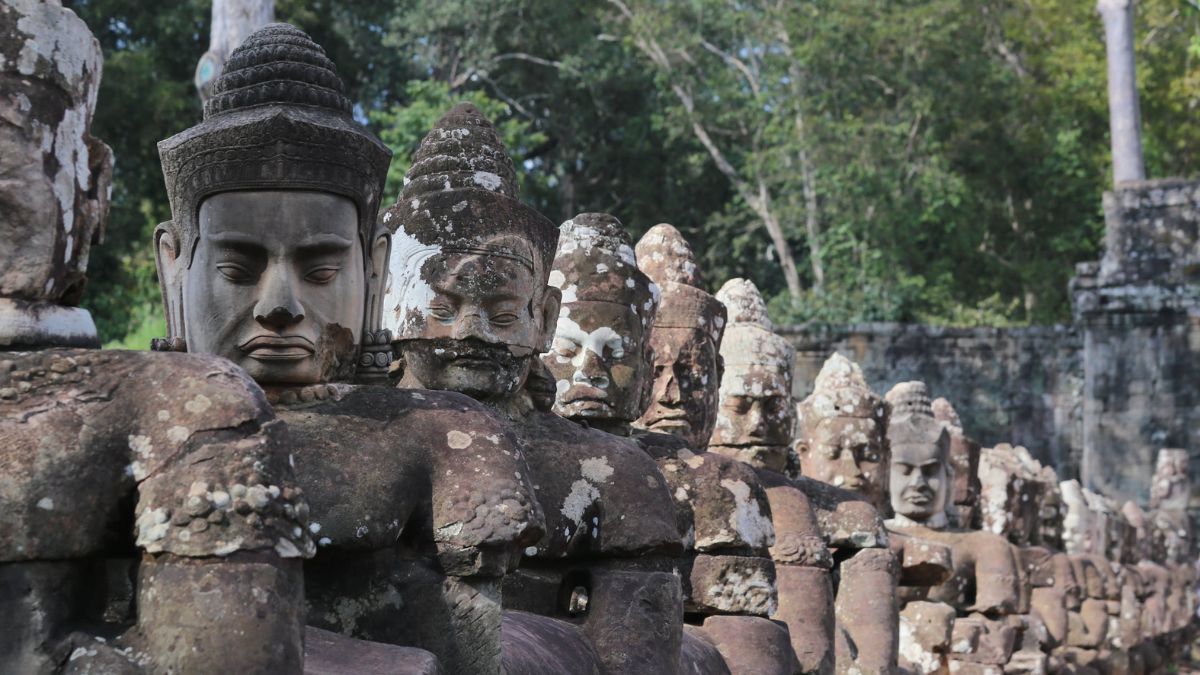
Cultural Aspects
- Khmer Empire: Immerse yourself in the legacy of the powerful Khmer Empire that ruled Southeast Asia for centuries. Explore the magnificent temples of Angkor Wat as a testament to their architectural brilliance and artistic legacy.
- Theravada Buddhism: Buddhism is the dominant religion in Cambodia. Respect religious sites by dressing modestly when visiting temples and monasteries. Observe monks performing daily rituals and appreciate the peaceful atmosphere.
- Khmer New Year: Witness the vibrant celebrations of Khmer New Year in April, characterized by water blessings, traditional games, and parades.
- Cambodian Cuisine: Enjoy delicious Cambodian cuisine, known for its use of fresh herbs, spices, and curries. Sample dishes like Amok (fish curry), Nom Banh Chok (rice noodles with fish curry), and Mango Sticky Rice.
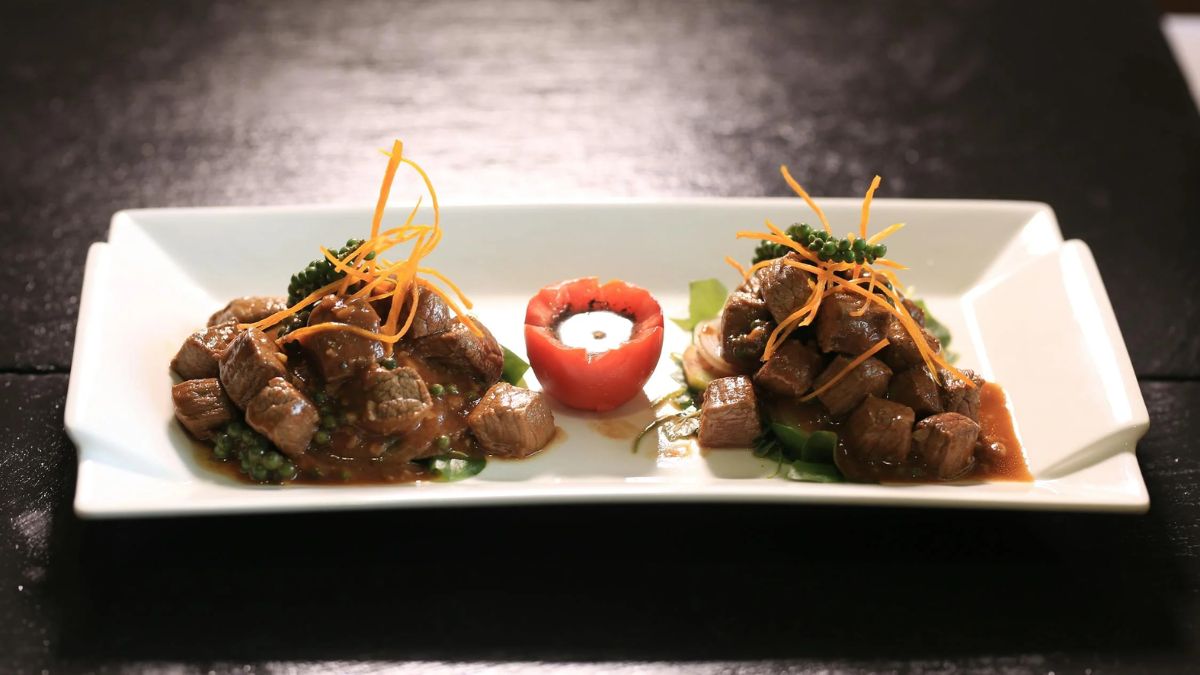
Practical Information
- Visa: Most nationalities require a visa for entry into Cambodia, obtainable online or upon arrival at the airport.
- Currency: The Cambodian Riel (KR) is the official currency, but US Dollars are widely accepted. ATMs are available in major cities, but carrying some Riel is recommended for smaller purchases.
- Transportation: Domestic flights connect major cities, while buses offer a budget-friendly option for intercity travel. Taxis and tuk-tuks are readily available in major cities. Negotiate fares clearly before taking a ride.
- Accommodation: Options range from luxurious hotels in Siem Reap and Phnom Penh to budget-friendly guesthouses and homestays throughout the country. Choose your accommodation based on your travel style, budget, and desired location. Booking in advance is recommended during peak season (November-February).
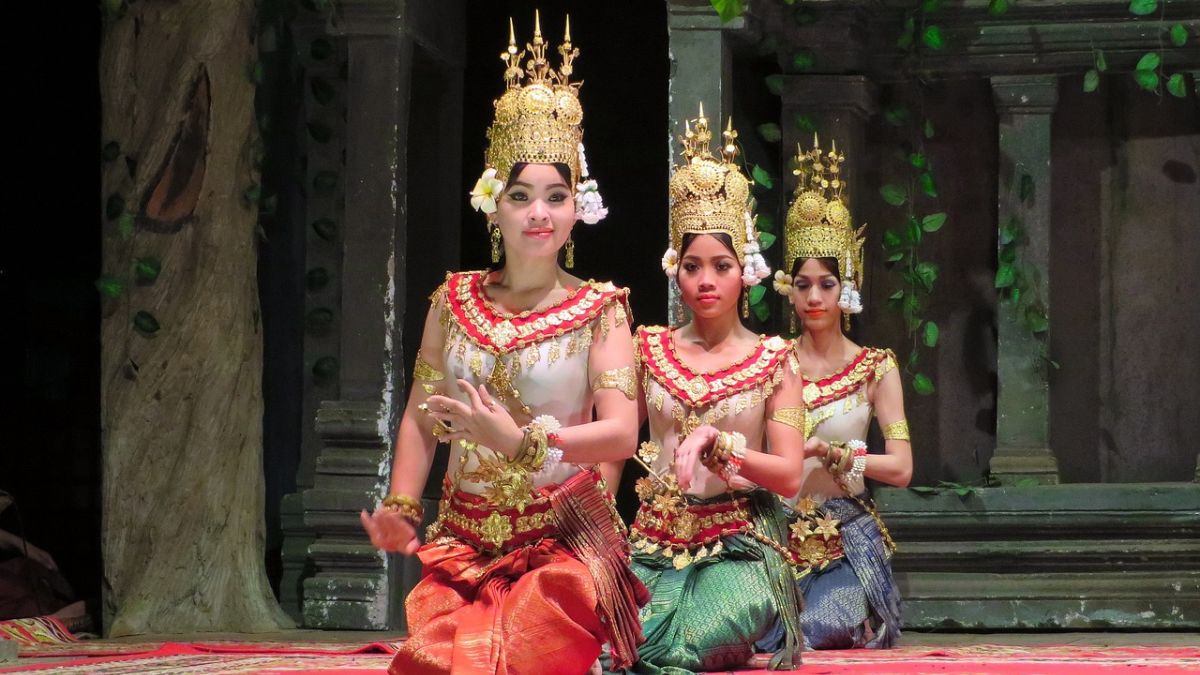
Responsible Tourism
- Temple Etiquette: Dress modestly when visiting temples (shoulders and knees covered). Be mindful of noise levels and avoid disturbing those praying or meditating.
- Support Local Businesses: Opt for locally-owned guesthouses, restaurants, and tour guides to directly benefit the community.
- Minimize Waste: Avoid single-use plastics and dispose of waste responsibly. Respect the natural beauty of Cambodia.
Safety & Security
- Petty Theft: Be mindful of petty theft, especially in crowded areas. Keep valuables secure and avoid carrying large sums of cash.
- Traffic: Traffic can be chaotic, especially in Phnom Penh. Exercise caution when crossing streets and consider using ride-sharing apps for safer transportation options.
- Overcharged tuk-tuk rides: Negotiate fares clearly before taking a ride and consider using ride-sharing apps for transparent pricing.
- Fake gemstones: Purchase gemstones from reputable vendors with certificates of authenticity.
- Coin collectors: This involves a stranger approaching you with a story about collecting foreign currency and offering a bad exchange rate. Politely decline.
- Milk beggars: Individuals might approach you with a story about needing money for baby milk. It’s often a scam to get you to buy overpriced goods from a nearby shop.
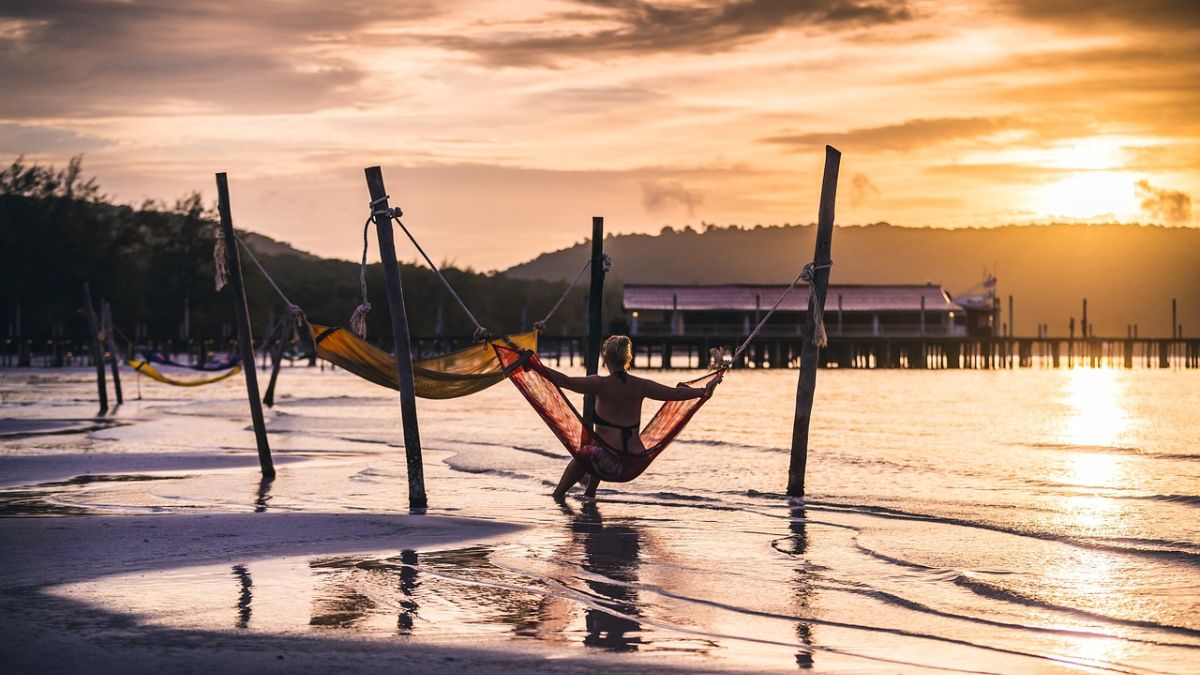
Tipping & Bargaining
- Tipping: Tipping is not expected but appreciated for good service in restaurants and for tour guides or porters. A small tip (around $1-2 USD) goes a long way.
- Bargaining: Bargaining is expected at markets and with tuk-tuk drivers. Be polite and respectful during negotiations, and aim for a fair price.
Must-Do List
- Witness the sunrise over Angkor Wat – an unforgettable experience.
- Explore the hidden corners of Angkor Wat beyond the main temple complex.
- Learn about the Khmer Rouge history at the Tuol Sleng Genocide Museum and the Killing Fields.
- Take a boat trip on the Tonle Sap and visit a floating village.
- Enjoy a traditional Cambodian massage – a relaxing and rejuvenating experience.
- Attend a Khmer Apsara dance performance, showcasing the grace and elegance of Cambodian classical dance.
- Sample the diverse flavors of Cambodian cuisine – a delicious adventure for your taste buds.
- Learn a few basic Khmer phrases like “Chum Reap Suor” (Hello) and “Sok Sabai” (Thank you) to connect with locals.

Things to Avoid
- Disrespecting Religious Sites: Dress modestly and behave respectfully when visiting temples and pagodas.
- Littering: Dispose of waste responsibly and help preserve the beauty of Cambodia.
- Illegal Wildlife Trade: Avoid purchasing souvenirs made from endangered wildlife or animal parts.
- Riding Elephants: Support ethical elephant sanctuaries that prioritize animal welfare.
- Public Displays of Affection: Public displays of affection are not widely accepted in Cambodian culture.
With its captivating temples, rich heritage, and breathtaking landscapes, Cambodia promises an unforgettable experience. Use this guide as a starting point, delve deeper into specific destinations that pique your interest, and embark on a journey filled with discovery, cultural immersion, and responsible exploration.
Bonus Tip: Pack light, breathable clothing and comfortable shoes for exploring temples and navigating bustling cities. Don’t forget a hat and sunscreen for protection from the Cambodian sun.
